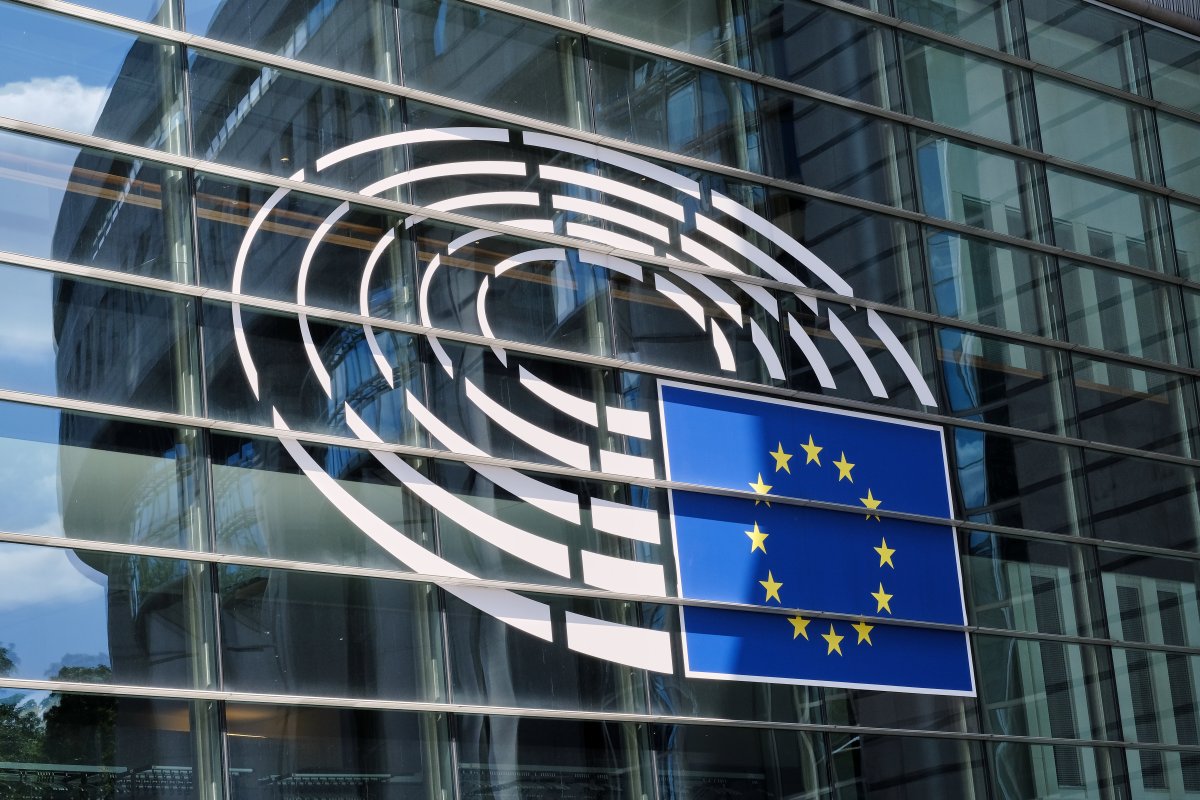The Polish EU Council Presidency has suffered another rebuff in its attempt to end the years-long dispute over the EU Commission’s draft regulation on mass online surveillance under the banner of the fight against child sexual abuse. After her plan to convert the current transitional regulation on voluntary scanning for abuse images into a permanent permit did not get very far in the working group of the ministerial committee on criminal prosecution, the Presidency raised the initiative one step higher to the level of the Justice and Home Affairs spokespersons at the end of April. However, they did not want to hear anything about the compromise approach.
The representatives of the EU embassies “clearly” resented the initiative to even bring up the alternative draft regulation from Poland in their circles. This can be seen in the minutes of a meeting of the diplomatic representation of the Federal Republic of Germany, which are actually classified […] According to the minutes, the speakers are actually responsible for “clearing up any final problems with texts that have essentially been agreed”. In the case of the dossier on mandatory or voluntary chat control, however, there is not even a consensus “on the basic direction”.
Not a single article of the Polish draft law has been “conclusively discussed”, the embassy representatives complain. An agreement between the EU states on the whole issue is “further away than ever before in recent years”. The speakers therefore did not even discuss the complete proposal from the Council leadership. In terms of content, it was only a matter of merging two articles, according to the minutes. There were “only a few requests to speak”.
[…]
With its preferred form of chat control, the Commission also wants to be able to force providers of end-to-end encrypted messaging and other communication services such as WhatsApp, Apple with iMessage, Signal and Threema to track down abusive photos and videos in their users’ messages. Poland, on the other hand, wants permanent permission to voluntarily scan content, as Facebook, Google and Microsoft currently do on the basis of the interim provision. This – also not uncontroversial – option was approved by the EU legislator in 2021 through an exemption from the ePrivacy Directive. This special provision only applies until the end of 2025.
The panel of speakers is urging the presidency to shift the procedure and the tenor of the text back in the direction of the Commission paper, which has also been controversial for years. Otherwise, all those involved would only be wasting “time, money and energy”. This means that it is virtually impossible for the EU countries to make any decisive progress on the dossier during the current Presidency, which runs until the end of June.
[…]
According to the minutes of the meeting, Ireland, for example, argued that a strong text was needed for further negotiations with the EU Parliament. The MEPs want to allow the particularly controversial disclosure orders as a last resort at best. According to their line, services with end-to-end encrypted communication should be completely excluded. At the same time, however, Dublin expressed its willingness to discuss an extension of the interim regulation. According to their own statements, representatives of the German government, together with other speakers from Italy and Hungary, for example, expressed a reservation of scrutiny and emphasized that a regulatory loophole must be avoided.



What about not spying on your citizens if you don’t have any legal reasons to do it?
Hear, hear